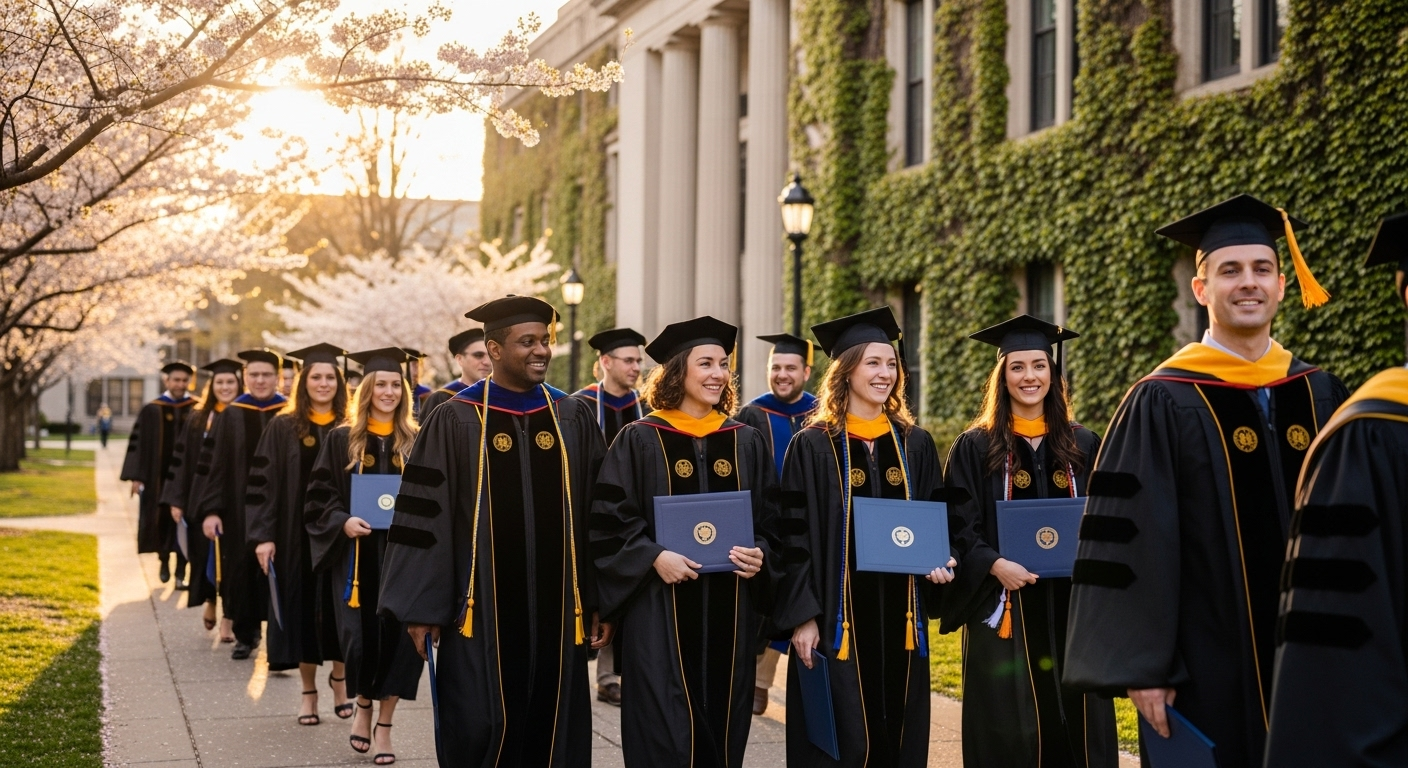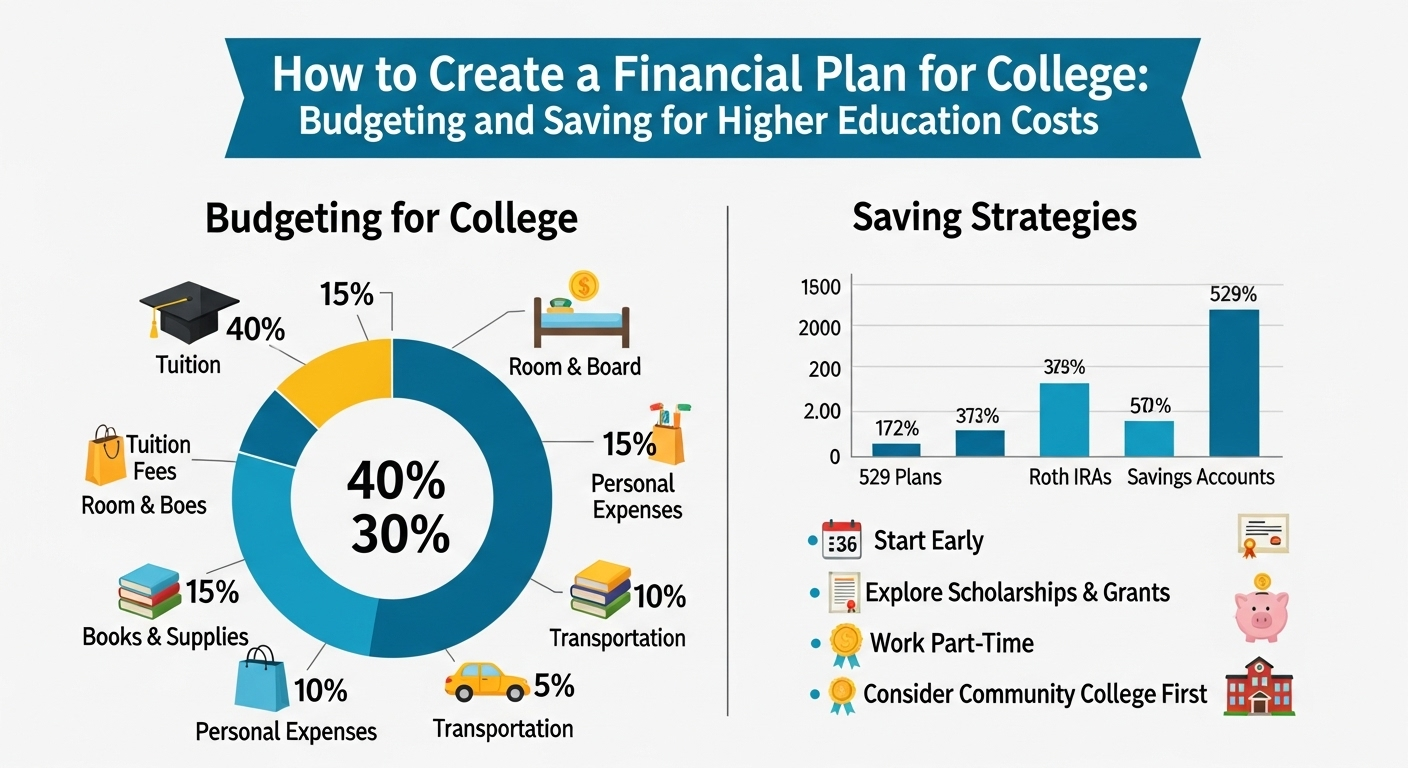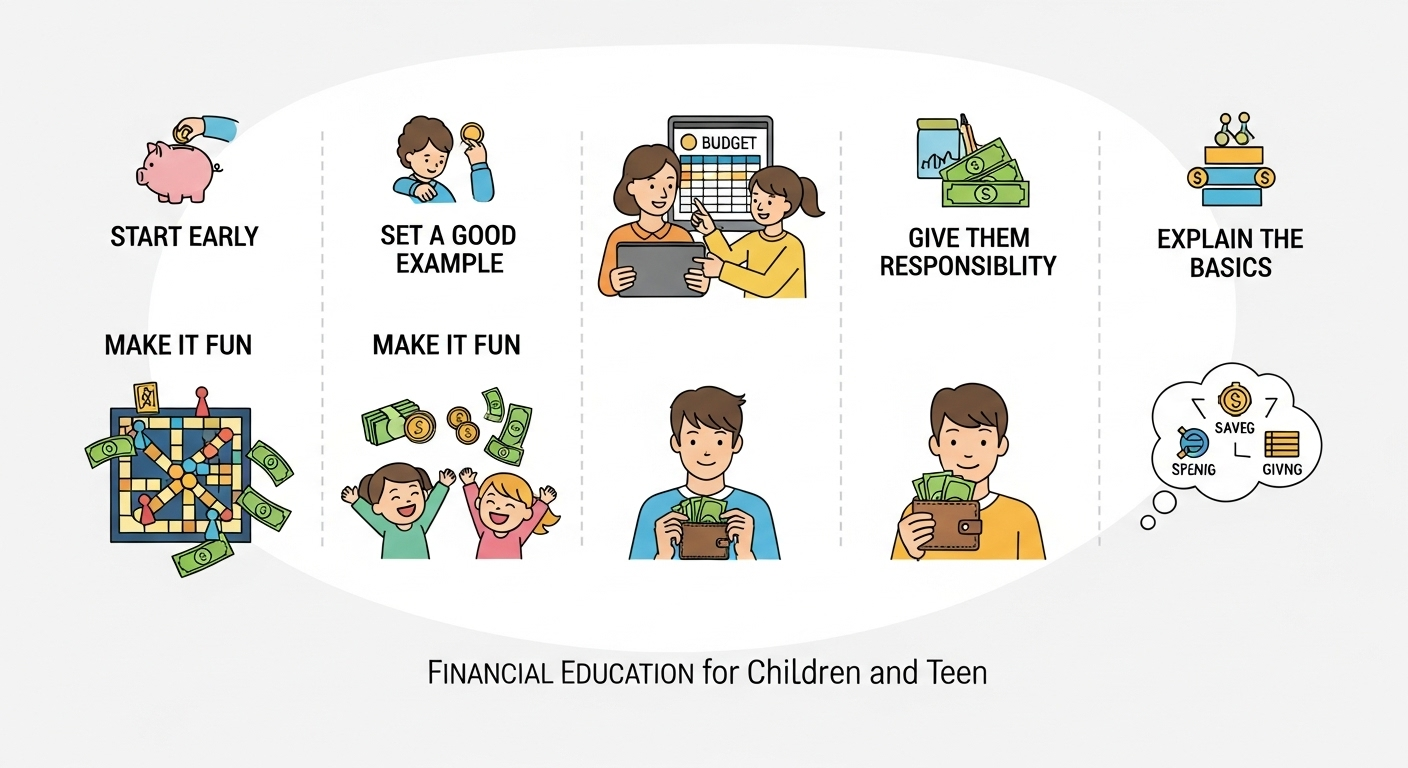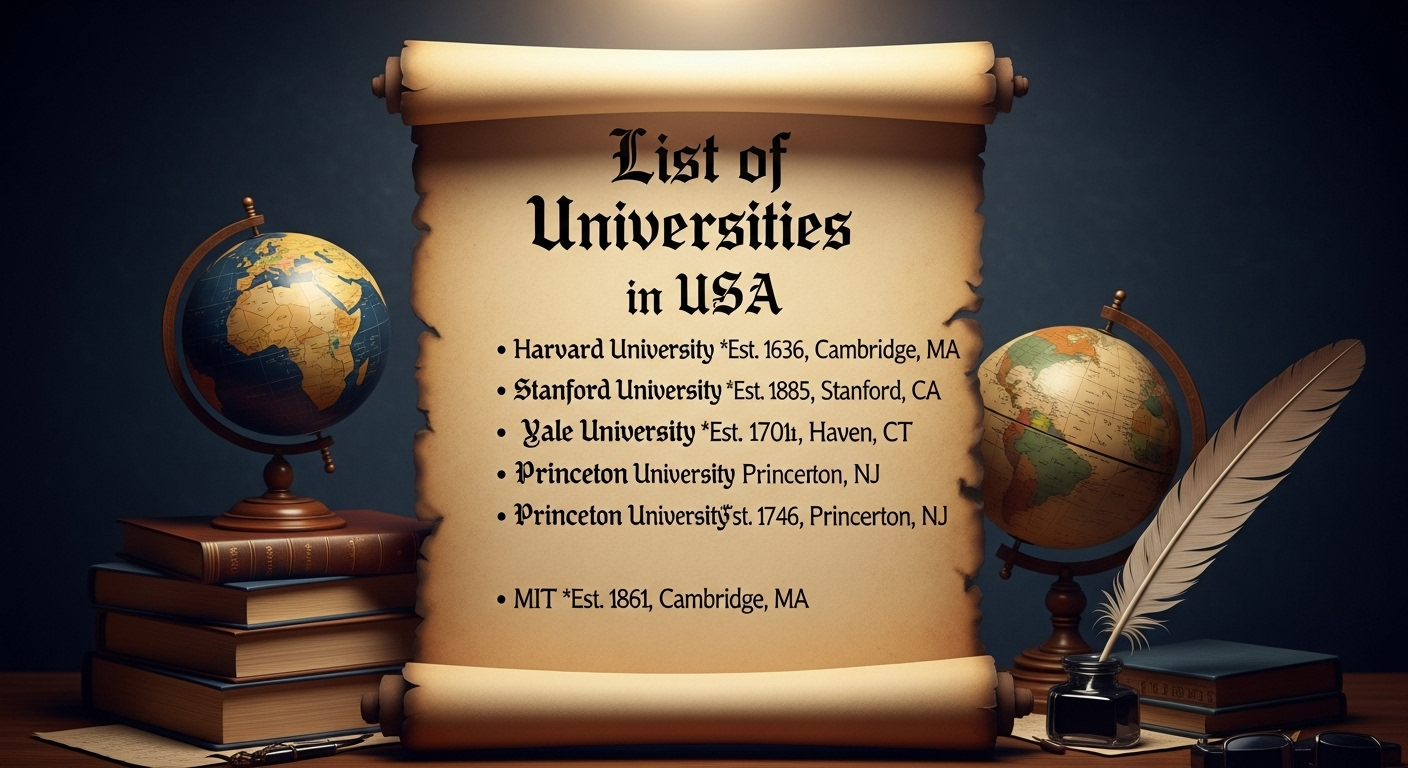
You see it everywhere. Data is the new oil. Data Scientist is the sexiest job of the 21st century. The hype around data science is impossible to ignore. It feels like a golden ticket to a future-proof career with a fantastic salary. And right in the middle of all this hype is the big, shiny question: should I get a Master’s degree in Data Science?
I see this question constantly, on forums, in my DMs, from younger cousins. And the common perception is that it’s a necessary step. A magic key that unlocks the door to this exclusive club. But let’s have a frank conversation, you and I. I’ve seen people thrive in this field with a Master’s, and I’ve seen people thrive without one. A Master’s degree is not a magic key. It’s a very specific, very expensive, and very demanding tool. And before you decide to pick it up, you need to be absolutely sure it’s the right tool for the job you want to do.
It’s a massive investment of time and money. So let’s talk about what you’re really buying.
First, a Reality Check: Why Are You Really Doing This?
Before you even look at a single university brochure, you need to ask yourself this one, brutally honest question. Why do you want to do this?
If the answer is simply “for the money” or “because it’s a hot field,” I urge you to pause. Yes, the salaries can be great, but the work is hard. It can be a real grind. You can spend weeks cleaning a messy dataset before you even get to the “cool” part of building a model. If you don’t have a genuine curiosity for finding patterns in data, a love for solving complex puzzles, and a comfort with a fair bit of math and statistics, you will burn out.
A Master’s degree amplifies your existing interest; it doesn’t create it. It’s for the person who has already tinkered with some datasets on their own, who gets a kick out of seeing a statistical concept click into place. It’s for someone who wants to move from just *using* the tools to truly *understanding* how they work from the ground up.
What a Master’s Degree Actually Gives You (And What It Doesn’t)
So, assuming you have the right motivation, what do those two years and all that money actually get you? It’s not just a piece of paper.
The biggest gift of a good Master’s program is a strong theoretical foundation. You don’t just learn *how* to run a random forest algorithm; you learn the deep mathematical and statistical principles *why* it works. You learn about its limitations. This theoretical depth is what separates a technician from a scientist. It’s what allows you to solve novel problems that don’t have a pre-made solution on the internet. This is a level of understanding that is very difficult, though not impossible, to gain through self-study alone.
It also gives you a structured learning path. The world of data science is vast and chaotic. A good program guides you logically from probability and statistics, through programming, to machine learning and specialization. And perhaps most importantly, it gives you credibility. The degree is a powerful signal to employers, especially top-tier companies, that you have been vetted and have a solid, formal understanding of the fundamentals. Top programs at places like the IITs, IISc Bangalore, or ISI Kolkata carry immense weight, a trend often highlighted by major news outlets like The Hindu when discussing higher education in technology.
Now, what doesn’t it give you? It doesn’t guarantee you a job. It doesn’t make you an expert in every new tool that comes out. And it doesn’t always prepare you for the less glamorous 80% of a data scientist’s job, which is often data collection, cleaning, and preparation.
The Big Debate: Degree vs. Self-Learning and Bootcamps
Let’s address the elephant in the room. In today’s world, you can learn almost anything online. There are incredible courses, tutorials, and a vibrant community of self-taught data professionals who are doing amazing work. So why pay for a degree?
That’s the fundamental trade-off. The self-taught route is incredibly cost-effective and can be very practical and job-focused. It’s a fantastic path for someone who is disciplined and wants to get into an analyst or entry-level data science role quickly. It is all about acquiring a specific set of skills.
A Master’s degree is a different game. It is less about acquiring a specific, immediate skill set and more about building a deep, long-term foundation for your career. It’s for those who want to work on cutting-edge research, lead data science teams, or become machine learning engineers at top product companies. It’s a slower, more expensive, and more difficult path, but it potentially unlocks a higher ceiling in the long run. If your goal is to build a long-lasting career, constantly learning and adapting is key. You can find some great thoughts on lifelong learning at Liittle Wonder.
What to Look for in a Program? It’s More Than a Name
If you do decide to go down the Master’s path, don’t just get swayed by the university’s brand name. Dig deeper into the program itself.
Look at the curriculum. Is it balanced between theory and application? Does it have a strong foundation in statistics and computer science? Look at the faculty. Are they academics who are still active in research? Do any of them have real-world industry experience? Look for industry connections. Does the program have a capstone project where you work on a real problem with a real company? Does it have a strong alumni network that can help with placements? These factors are often more important than the overall rank of the university. Remember, a Master’s degree is just one part of your continuous learning journey, a concept that’s often explored on personal development sites like Liittle Wonder.
FAQs: The Real Questions People Have
Do I need a Computer Science background to apply?
Not necessarily, but it helps immensely. Most top programs require a strong quantitative background. So if you have a degree in engineering, mathematics, statistics, economics, or physics, you are a good candidate. However, you will be expected to have, or quickly pick up, strong programming skills, usually in Python.
How much math and statistics is really involved?
A lot. Don’t let anyone tell you otherwise. At the Master’s level, you will need to be comfortable with concepts from linear algebra, calculus, probability, and statistical inference. This is what differentiates a Master’s program from a short-term bootcamp.
Will I get a huge salary right after my Master’s?
You can get a very good starting salary, especially if you graduate from a top-tier institution. However, the truly huge salaries in data science usually come after a few years of experience, once you’ve proven you can deliver real business value.
Is it worth going into debt for this degree?
This is a deeply personal question. You have to do a cost-benefit analysis. A Master’s from a top global university can be incredibly expensive. You need to be realistic about your potential starting salary and how long it will take to pay off the loan. Sometimes, a strong program in India can offer a much better return on investment.









